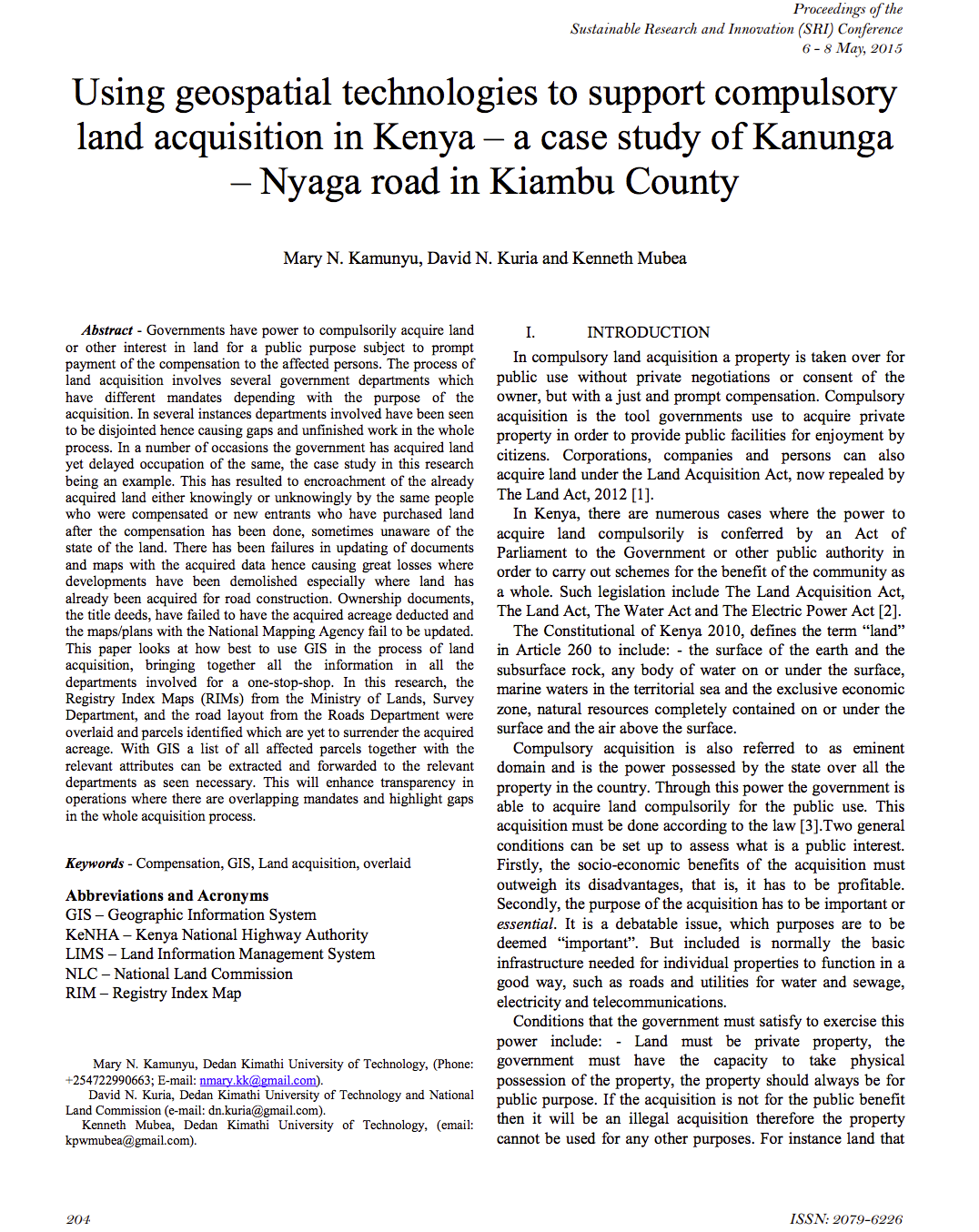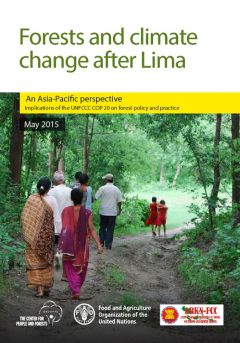The Welfare Economics of Land Use Planning
This paper presents an empirical methodology for the evaluation of the benefits and costs of land use planning. The technique is applied in the context of the Town and Country Planning System of the UK, and examines the gross and net benefits of land use regulation and their distribution across income groups. The results show that the welfare and distributional impacts can be large.




